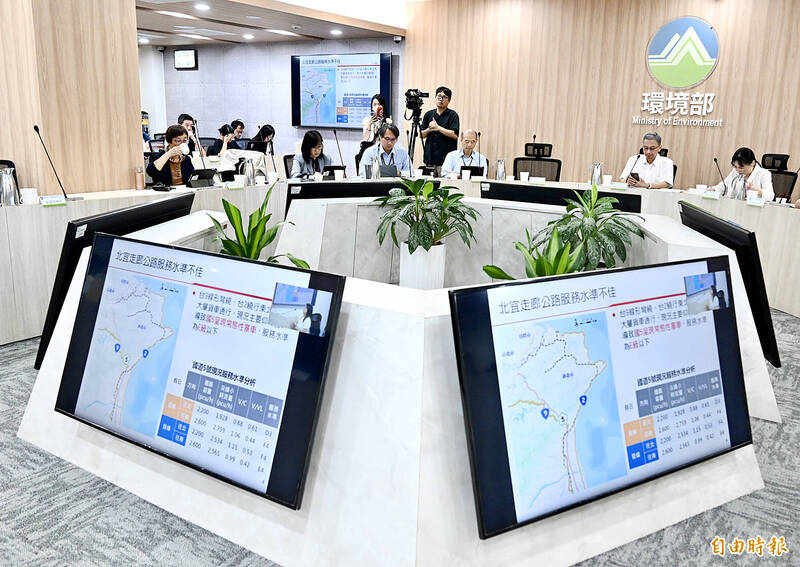
Sustainable Development Goals (SDGs)

Introduction
This report aims to highlight the importance of the Sustainable Development Goals (SDGs) and their impact on various aspects of society. The SDGs are a set of global goals established by the United Nations to address pressing challenges such as poverty, inequality, climate change, and environmental degradation.
Understanding SDGs
The SDGs provide a comprehensive framework for sustainable development, encompassing economic, social, and environmental dimensions. They consist of 17 goals and 169 targets that aim to guide countries towards a more sustainable future.
Importance of SDGs
The SDGs play a crucial role in promoting inclusive and sustainable development worldwide. By addressing key issues such as poverty eradication, quality education, gender equality, clean energy, and responsible consumption and production, the SDGs aim to create a better world for all.
SDGs and Website Interaction
Statistic cookies help website owners understand how visitors interact with websites by collecting and reporting information. By analyzing user behavior, website owners can optimize their platforms to align with the SDGs and promote sustainable practices.
SDGs and Marketing
Marketing cookies are used to track visitors across websites, with the intention of displaying ads that are relevant and engaging for individual users. By leveraging the SDGs, marketers can create advertising campaigns that promote sustainable products and services, contributing to the achievement of the goals.
Conclusion
The Sustainable Development Goals (SDGs) provide a roadmap for a more sustainable and equitable future. By aligning our actions and initiatives with the SDGs, we can collectively work towards eradicating poverty, protecting the planet, and ensuring prosperity for all.
SDGs, Targets, and Indicators
1. Which SDGs are addressed or connected to the issues highlighted in the article?
- SDG 12: Responsible Consumption and Production
- SDG 13: Climate Action
The article mentions cookies and their impact on website visitors’ interactions and advertising. This relates to responsible consumption and production (SDG 12) as it involves understanding and managing the consumption of online resources. It also connects to climate action (SDG 13) as online activities contribute to carbon emissions.
2. What specific targets under those SDGs can be identified based on the article’s content?
- SDG 12.5: By 2030, substantially reduce waste generation through prevention, reduction, recycling, and reuse.
- SDG 13.3: Improve education, awareness-raising, and human and institutional capacity on climate change mitigation, adaptation, impact reduction, and early warning.
The article highlights the need to understand how website visitors interact with websites, which can help in reducing waste generation by optimizing website design and content (target 12.5). It also mentions the use of cookies for tracking visitors across websites, which can contribute to improving education and awareness about climate change and its impact (target 13.3).
3. Are there any indicators mentioned or implied in the article that can be used to measure progress towards the identified targets?
Yes, the article implies the following indicators:
- Number of website visitors
- Level of engagement with website content
- Number of ads displayed
- Relevance and engagement of ads
- Carbon emissions from online activities
These indicators can be used to measure progress towards the identified targets. For example, tracking the number of website visitors and their level of engagement can help assess the effectiveness of website design in reducing waste generation. Monitoring the relevance and engagement of ads can indicate progress in displaying more valuable and engaging ads. Additionally, measuring carbon emissions from online activities can provide insights into the environmental impact and progress towards climate action.
4. Table: SDGs, Targets, and Indicators
| SDGs | Targets | Indicators |
|---|---|---|
| SDG 12: Responsible Consumption and Production | Target 12.5: By 2030, substantially reduce waste generation through prevention, reduction, recycling, and reuse. | – Number of website visitors – Level of engagement with website content |
| SDG 13: Climate Action | Target 13.3: Improve education, awareness-raising, and human and institutional capacity on climate change mitigation, adaptation, impact reduction, and early warning. | – Number of ads displayed – Relevance and engagement of ads – Carbon emissions from online activities |
Copyright: Dive into this article, curated with care by SDG Investors Inc. Our advanced AI technology searches through vast amounts of data to spotlight how we are all moving forward with the Sustainable Development Goals. While we own the rights to this content, we invite you to share it to help spread knowledge and spark action on the SDGs.
Fuente: lombardodier.com

Join us, as fellow seekers of change, on a transformative journey at https://sdgtalks.ai/welcome, where you can become a member and actively contribute to shaping a brighter future.





